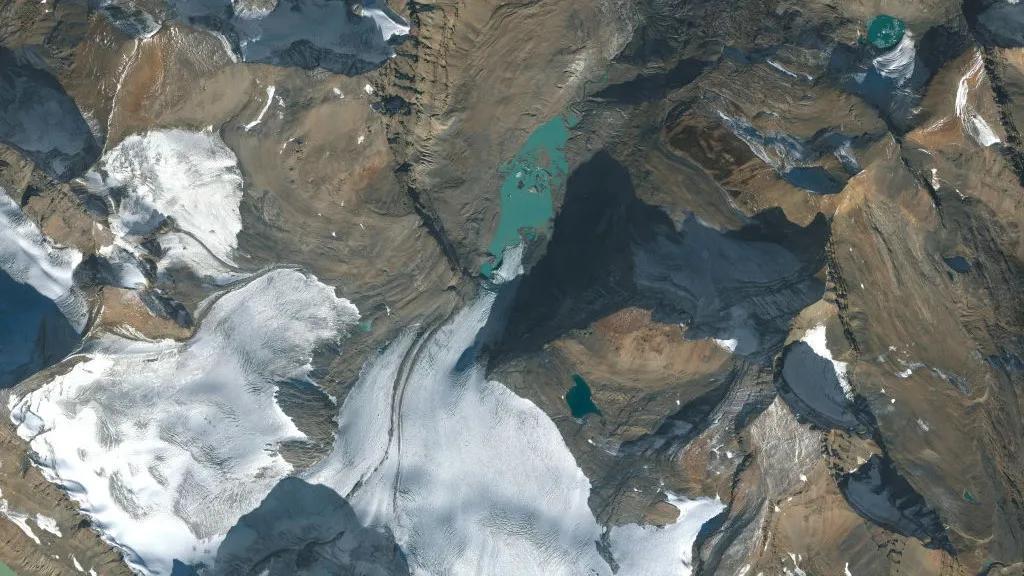
North America & Europe’s Glaciers Lost Unprecedented Ice in 4 Years: Study
In a shocking revelation, a recent study has found that glaciers in North America and Europe have lost an unprecedented amount of ice in just four years. The study, published in the journal Geophysical Research Letters, reveals that glaciers in Washington, Montana, British Columbia, Alberta, and the Swiss Alps have shrunk by up to 13% between 2021 and 2024.
But what’s even more alarming is that this loss of ice is not only unprecedented, but it’s also occurred at a rate twice as fast as the previous decade. Between 2010 and 2020, the same glaciers lost an average of 12.2 billion tons of ice per year. However, between 2021 and 2024, this number surged to 24.5 billion tons per year in the US and Canada, and 1.7 billion tons per year in the Swiss Alps.
The study, led by Dr. Garry Clarke of the University of Alberta, used a combination of satellite imagery and field measurements to track the changes in glacier mass between 2021 and 2024. The researchers found that the majority of the ice loss was due to increased melting, rather than changes in snowfall or other factors.
“This is a really remarkable result,” Dr. Clarke said in a statement. “We’ve never seen anything like this before. The rate of ice loss is simply unprecedented, and it’s happening at an incredible scale.”
The study’s findings have significant implications for the global environment. Glaciers play a crucial role in regulating the Earth’s climate, and their melting can have far-reaching consequences for sea levels, weather patterns, and ecosystems.
One of the most immediate concerns is the impact on sea levels. As glaciers melt, they release freshwater into the oceans, which can cause sea levels to rise. According to the study, the ice loss between 2021 and 2024 has added an estimated 0.5 millimeters to global sea levels.
Another concern is the potential for more frequent and severe weather events. Glaciers help regulate the global climate by reflecting sunlight and cooling the Earth. As they shrink, this cooling effect is reduced, which can lead to warmer temperatures and more extreme weather events.
The study’s findings also have implications for the tourism and recreation industries, which rely heavily on glaciers for skiing, hiking, and other activities. As glaciers shrink, these industries may face significant changes, including reduced access to popular destinations and altered landscapes.
The study’s authors are quick to note that the findings are not limited to the glaciers studied. Glaciers around the world are experiencing rapid melting, and this trend is expected to continue in the coming years.
“This study highlights the urgent need for continued monitoring and research on glacier health,” said Dr. Clarke. “We need to understand the underlying causes of this rapid melting and take action to mitigate its impacts.”
The study’s findings are a stark reminder of the need for urgent action to address climate change. As the world continues to grapple with the challenges posed by rising temperatures and melting glaciers, it’s clear that we must prioritize sustainability, conservation, and adaptation to ensure a healthy and resilient future for our planet.
Source:
https://agupubs.onlinelibrary.wiley.com/doi/10.1029/2025GL115235






